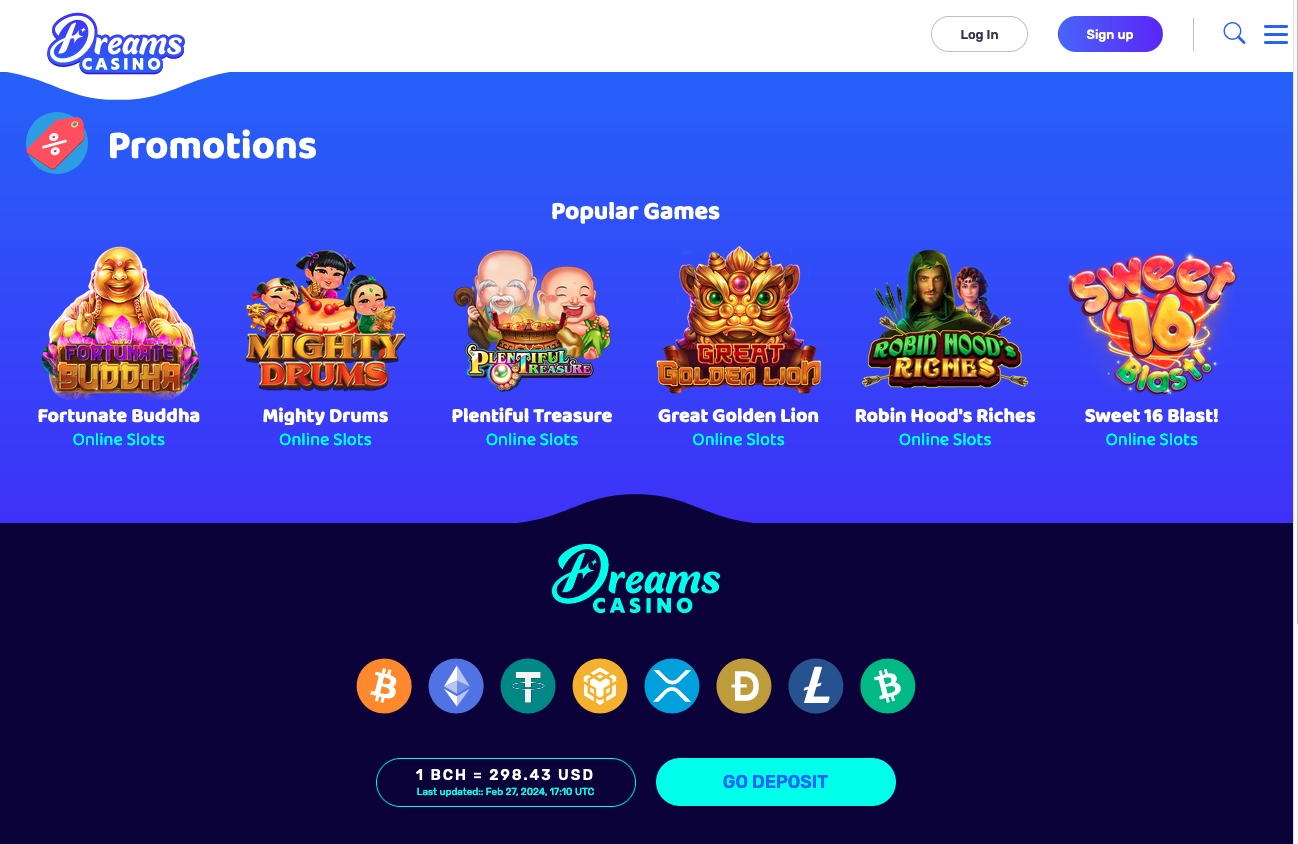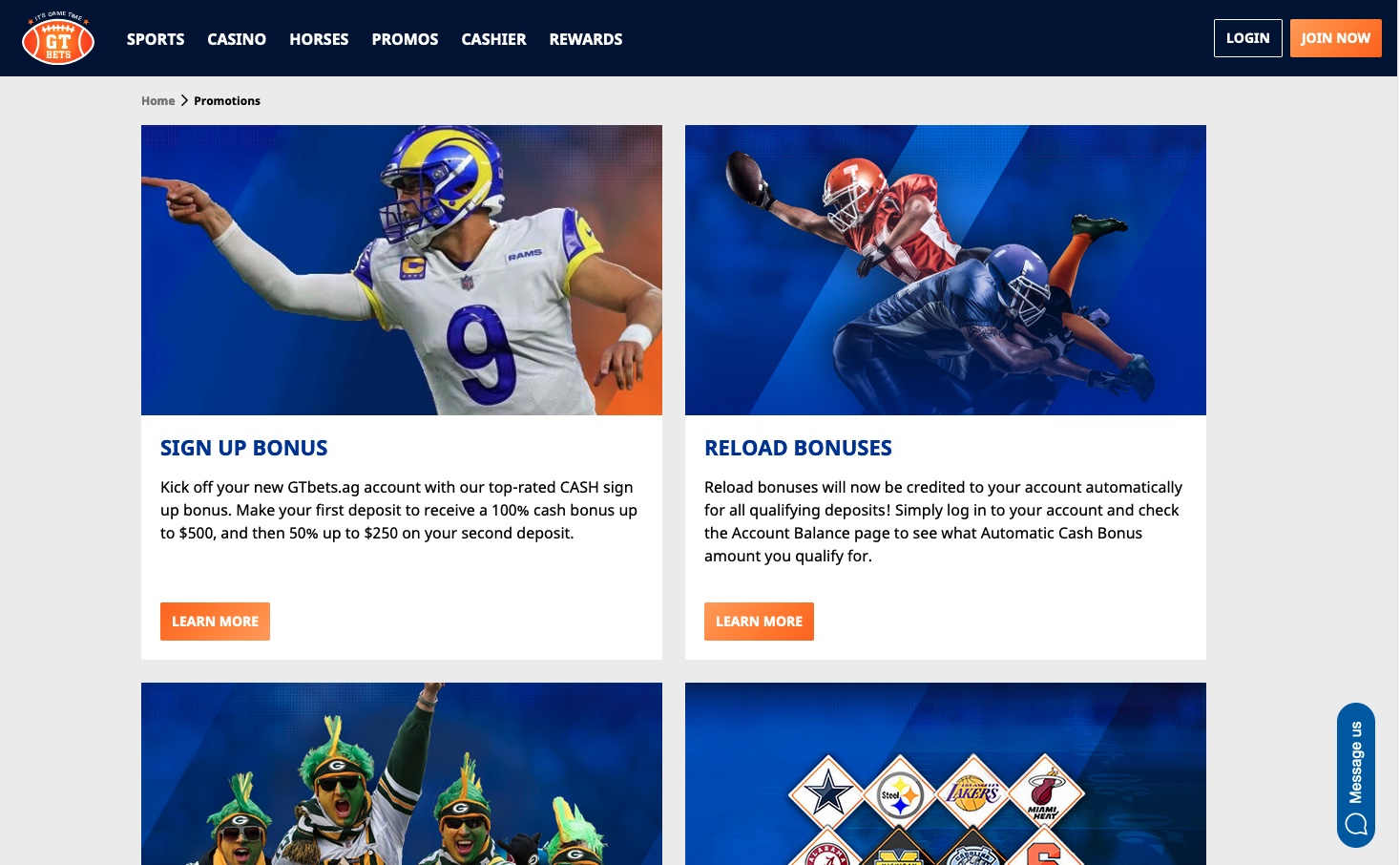A recap of the hottest topics from the 2024 SBC Canadian Gaming Summit
The SBC Canadian Gaming Summit took place in Toronto this week and was well attended. The excitement that surrounded the event in 2022 when Ontario just launched its open gaming model wasn’t as pronounced, but there was other news at this conference that had many gaming operators and others in the industry encouraged. Here are some of the highlights.
Alberta’s imminent move to an open market
The big story of the summit centred on the province of Alberta. In 2022 no other provinces seemed prepared to follow Ontario’s lead but in October, 2022 Alberta’s newly elected Premiere, Danielle Smith, said she wanted to look into ways to increase revenue without raising taxes and also cutting down on bureaucracy to get bills passed. Consequently, Dale Nally, in a new position called Ministry of Service and Red Tape Reduction for the province, told conference attendees that Alberta introduced Bill 16, which will allow the province to create an open market for online gambling similar to Ontario.  Nally said that the plan is to emulate Ontario’s model with a few tweaks, including giving Alberta’s First Nations a chance to get involved in the market. Currently Alberta runs commercial and native casinos. Alberta’s population at 4.8 million (with about 3.8 million over the legal betting age of 18) is about 30% the size of Ontario’s population, but Alberta is far wealthier and has a higher standard of living than Ontario and Albertan’s have more disposable income for gambling. This is evident as the spend per Albertans at casinos and playing at the current government run gambling site is higher than Ontario. It was also noted that at a recent Edmonton Oilers hockey game, the 50-50 draw reached a unbelievable $16 million. So, the expectation is that operators will probably see a higher per capita revenue in Alberta, than Ontario.
Nally said that the plan is to emulate Ontario’s model with a few tweaks, including giving Alberta’s First Nations a chance to get involved in the market. Currently Alberta runs commercial and native casinos. Alberta’s population at 4.8 million (with about 3.8 million over the legal betting age of 18) is about 30% the size of Ontario’s population, but Alberta is far wealthier and has a higher standard of living than Ontario and Albertan’s have more disposable income for gambling. This is evident as the spend per Albertans at casinos and playing at the current government run gambling site is higher than Ontario. It was also noted that at a recent Edmonton Oilers hockey game, the 50-50 draw reached a unbelievable $16 million. So, the expectation is that operators will probably see a higher per capita revenue in Alberta, than Ontario.
To that end, Deloitte published a report on June 19th which showed that Ontario’s online gambling revenue in two years reached what Deloitte projected would occur in five years, with a study they produced prior to the Ontario launch. Revenue grew by almost 70% from the first year of launch to the second year and contributed $2.9 billion to Ontario’s GDP. Online gambling also created 15,000 new full-time jobs and has put $790 million in provincial government coffers. The report can be found here: Deloitte: Economic Contribution of Ontario's Regulated iGaming Market | iGaming Ontario.
These numbers were greater than most large U.S. states and at least two speakers at the conference estimated that Alberta would contribute at least $1 billion to their GDP if they introduced a licensed and regulated gambling market. It is uncertain whether Alberta would allow the lottery to be involved in the open gambling market like Ontario Lottery and Gaming (OLG) is allowed to do in Ontario although Hanley indicated that Alberta residents and private operators are urging the Alberta Lottery to stay on the sideline and just offer lottery products.
The rest of Canada on the fence, but are leaning to provincial monopolies
The province of British Columbia (B.C.) is resisting the open market idea, wanting to have a government-controlled monopoly, which they think will be profitable. This would affect Saskatchewan and Manitoba as well, since Playnow.com, which is the B.C. lottery website, also provides iGaming to those provinces. That said, there is nothing preventing Saskatchewan and Manitoba to go out on their own. It is notable that both B.C. and Manitoba have socialist premieres, while Saskatchewan has a conservative premiere and in Canada, like the rest of the world, right wing leaders appear more interested in an open market, believing that competition grows revenue, while left wing leaders prefer to keep gambling in the government’s control for both social and monopolistic reasons, i.e. believing the government knows better. The B.C. government also fought a motion by Ontario to allow the province to offer its products worldwide (possibly even excluding other provinces) in an effort to provide enough liquidity to justify DFS and a better poker product. The B.C. government filed a 120-page affidavit at the last second to try and stop the motion, and according to lawyers at the conference, the affidavit had nothing to do with the topic at hand, but was simply designed as a stall tactic. The Atlantic provinces (consisting of Nova Scotia, New Brunswick, Prince Edward Island and Newfoundland & Labrador) are under the auspices of the Atlantic Lottery Corporation (ALC) and have vehemently fought against an open market from the onset of online gambling legalization in Canada. Aside from wanting to protect their monopoly, it is the view of the ALC and most premieres that Canada’s Criminal Code prohibits gambling by anyone other than the provinces and Ontario is acting illegally since the private operators are really in control of the gambling. The courts already ruled that Ontario’s open market was legal, but it appears the Atlantic Provinces will hold onto their monopoly as long as they can.
The Atlantic provinces (consisting of Nova Scotia, New Brunswick, Prince Edward Island and Newfoundland & Labrador) are under the auspices of the Atlantic Lottery Corporation (ALC) and have vehemently fought against an open market from the onset of online gambling legalization in Canada. Aside from wanting to protect their monopoly, it is the view of the ALC and most premieres that Canada’s Criminal Code prohibits gambling by anyone other than the provinces and Ontario is acting illegally since the private operators are really in control of the gambling. The courts already ruled that Ontario’s open market was legal, but it appears the Atlantic Provinces will hold onto their monopoly as long as they can.
Most residents of Québec seem to be interested in an open market, based on a survey put out by the Québec Online Gaming Coalition (QOGC), who have been working with FanDuel, DraftKings and other operators to open the market, but despite their push, Québec ministers have no desire to take away the monopoly from Loto-Québec, who insist that Ontario’s model is dangerous for problem gamblers and that their province will resent it, if they open up. Like the other provinces with more left-wing leadership, this will likely only change if conservative governments take control.
One theme that was clear and mentioned many times was a desire from companies like FanDuel and MGM not to follow the U.S. model. They say that the state-by-state rules and tax laws have been a disaster and cause confusion, plus make it impossible to be profitable. Consequently, operators are urging any provinces that do open the market to have the same rules, tax rates and policies that the others do and preferably would simply emulate Ontario.
Kahnawake Gaming Commission lost out big
The Kahnawake Gaming Commission (KGC) initiated a lawsuit against Ontario’s open market at the Ontario Supreme Court, claiming that the rules requiring all operators to be iGaming Ontario licensed harmed the ability of their licensees to market to Ontario residents. They were also concerned that if adapted by other provinces, KGC would not be able to operate anywhere in Canada. The KGC argued that Ontario’s market violated the criminal code (similar to what the ALC has argued) and went against their sovereign rights to affect their own economic activity. It appears the KGC were particularly upset by Sports Interaction’s decision to split their operation and create one entity for Ontario located outside of Kahnawake and another located on the reserve catering to the rest of the world. The KGC were also worried by plans in Québec to block all sites operating in Kahnawake from catering to Québec residents and by several lawsuits issued by U.S. states against Bovada, who want that company to stop catering to U.S. states, say are stealing revenue from legal, regulated sites.
It appears the KGC were particularly upset by Sports Interaction’s decision to split their operation and create one entity for Ontario located outside of Kahnawake and another located on the reserve catering to the rest of the world. The KGC were also worried by plans in Québec to block all sites operating in Kahnawake from catering to Québec residents and by several lawsuits issued by U.S. states against Bovada, who want that company to stop catering to U.S. states, say are stealing revenue from legal, regulated sites.
Last month, the Ontario Supreme Court confirmed that Ontario’s licensing model was perfectly legal, which meant no KGC site could offer their product to Ontario without obtaining an iGaming Ontario license, effectively make a KGC license irrelevant. In response the KGC called the ruling a victory because their objections were heard, although it was obviously a colossal loss.
The cost per of a new customer in Ontario is incredibly high
In one of the sessions on advertising and the bans on use of athletes or celebrities to promote sportsbooks, the moderator asked the speakers what the cost per acquisition was in Ontario. Operators that were still catering to the Ontario market chose not to answer, but Amanda Brewer, a Senior Executive for the Canadian Gaming Association and former executive with Unibet, said she would answer since Unibet has left the North American market, so she had nothing to lose.  According to Brewer, when all costs including bonuses, promotions, advertising and various other costs were taken into consideration she said it was about $1,000 per new customer. Brewer said they were hoping to keep it around $300 to be consistent with the cost in Europe, but with the crazy competition in Ontario, more had to be spent. Brewer also pointed out that aside from the enormous cost there was no real brand loyalty, so the return on investment just wasn’t there, which was clearly a main reason Unibet, along with Coolbet, Mansion and other companies who withdrew from Ontario, chose to leave. Similar comments were heard throughout the conference and the moderator of that session said that he heard similar figures from others larger operators.
According to Brewer, when all costs including bonuses, promotions, advertising and various other costs were taken into consideration she said it was about $1,000 per new customer. Brewer said they were hoping to keep it around $300 to be consistent with the cost in Europe, but with the crazy competition in Ontario, more had to be spent. Brewer also pointed out that aside from the enormous cost there was no real brand loyalty, so the return on investment just wasn’t there, which was clearly a main reason Unibet, along with Coolbet, Mansion and other companies who withdrew from Ontario, chose to leave. Similar comments were heard throughout the conference and the moderator of that session said that he heard similar figures from others larger operators.
The insanity of that high figure also became clear in another session where Paul Burns, as moderator, asked the speakers how they felt about the rule in Ontario that bans advertising inducements anywhere but on the website and some responsible gambling proponents want a complete ban on advertising inducements. While two of the speakers said it hurt them since athletes help provide confidence in the product, Jared Beber, the CEO of Bet99 said he would welcome a complete ban as it would benefit smaller companies.
"I’m actually personally a big fan of not being able to advertise inducements," Beber said. "Is that really how you want to be starting a relationship, namely here’s as much money as possible? I don’t think that’s productive and conducive for a long term and healthy relationship. I believe it’s (the ban on inducements) a move that will preserve the longevity of the industry. It allows us to build a relationship based on education and engagement rather than saying here’s some money, and you’ll move on to the next one (company that will give a new bonus) when you’re done."
Without coming out directly and saying it, it was evident that Beber and the heads of other small companies know full well that if they try to out-induce the likes of FanDuel, DraftKings or BetMGM who have far more capital, they will lose.
Companies are looking at AI to help in all aspects of gambling
At least half a dozen sessions over the three-day event focused on AI. The theme seemed to be that while AI won’t solve all issues, it is important to the success of any gambling business and avoiding it will only lead to failure. The seven main uses of AI that were highlighted at the conference are as follows:
Personalizing the user experience.
By analyzing player behavior, AI can provide information to help businesses customize promotions and bets that will be of interest to the particular individual and keep them as loyal customers. Using data and understanding the demographics of various customers with similar attributes, AI can predictively assess what will likely work with one individual over another and consequently not waste money trying to entice a person who would have no interest in the casino or sportsbook’s offerings and instead focus all advertising and promotions on what would interest them.
Helping sportsbooks create better odds.
While intuition is always important and some of the best bookmakers have won because of it, AI can easily surf articles and information from all sources around the world to identify potential injuries, weather concerns, umpire or other official biases etc. to help create more accurate odds and stay one step ahead of the sharp bettor who already uses these factors.
Help identify suspicious betting patterns to identify possible cheating, match fixing and collusion.
Not only will it help books create a fairer environment and point to issues that leagues will have to investigate but it will allow sportsbooks to identify when customers at different books are colluding to either affect the odds or circumvent betting limits.
Spotting patterns of problem gambling
AI will allow operators to flag and ban players who they suspect have changed their betting to chase losses or betting money they simply don’t have. AI will also allow books to post alerts so that every gambling company in the province knows about these gamblers before they try to sign up elsewhere. Every gambling company agrees that problem gamblers hurt the industry.
Fraud detection
From players who are using fake identification, stolen credit cards or other fraudulent methods, AI is far better than other methods for spotting and identifying fraud.
Better security.
Hacking and cheating is a big concern and AI can learn and adapt to new ways to cheat or hack the systems and thus make those methods less effective.
Improve operational efficiency.
Use predictive analytics to improve operations, including customer service, marketing and compliance. AI can also provide immediate answers to FAQs to reduce the need to answer emails or use live chat.
So, the Canadian Gaming conference was a big success and will likely be better next year. The big question is will there be one or two open markets when next June rolls around?
Read insights from Hartley Henderson every week here at OSGA and check out Hartley's RUMOR MILL!







































